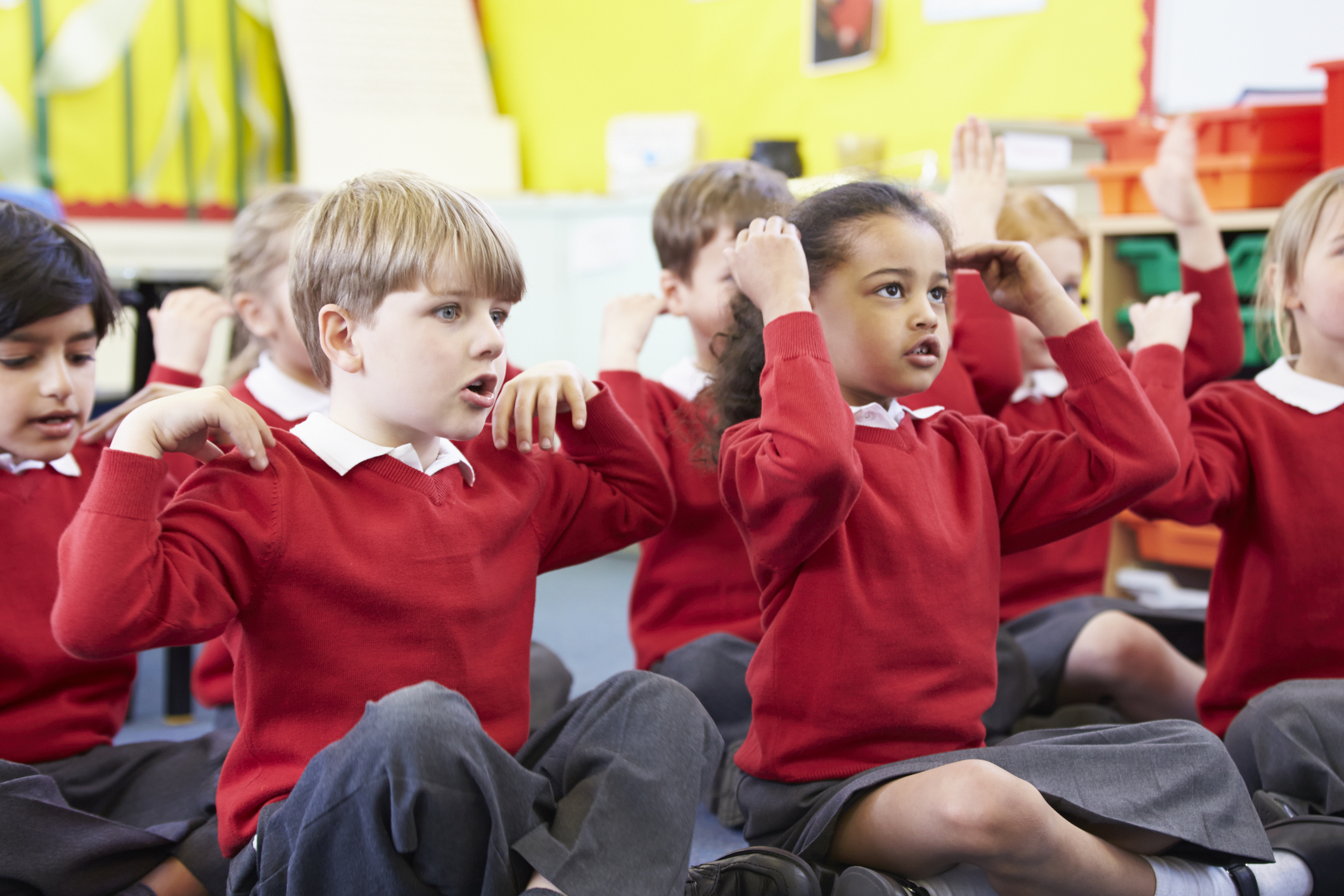Listen, Move, and LEARN!
/TPR (Total Physical Response) has its roots in second language acquisition, but it found its way into Shurley English too. TPR was first incepted by a psychology professor from San Jose University, CA, James Asher. He developed the idea almost fifty years ago, but it has truly helped students to acquire new languages with great facility.
What is TPR (Total Physical Response)?
The strategy Asher developed first involves teaching students to just sit back and listen attentively, much the same way that babies typically acquire their first language. Then, a requested response is modeled repeatedly until the student has connected the response to the request. The request is focused upon helping students acquire new vocabulary and associating the word to a movement, to a gesture, or to a repeated meaningful practice of some kind. When the movement is linked to a specific vocabulary word, students acquire the word easily. With lots of practice, the new word moves into the student’s long-term memory.
How can I integrate TPR into my ELA day?
Integrating TPR can be a fairly simple task; let's start with language arts definitions. In Shurley English, our grammar and reading jingles tap into the TPR philosophy. In fact, any kind of action song or jingle is basically a TPR event with added music. The jingles we teach in Shurley English introduce students of any language to a whole host of vocabulary and help them lock in the new academic language through music and movement. (Here's an entire article about it!) Even if students merely chant the jingles, it’s the cadence, rhythm, and rhyme, along with the movement, that enable students to make strong connections between the movement and the vocabulary. This ultimately helps students lock down important language concepts that will stay with them for a lifetime.
If you haven’t checked out our ELA jingles yet, you can listen to a sampling of them on our YouTube channel. Enjoy!














































































































